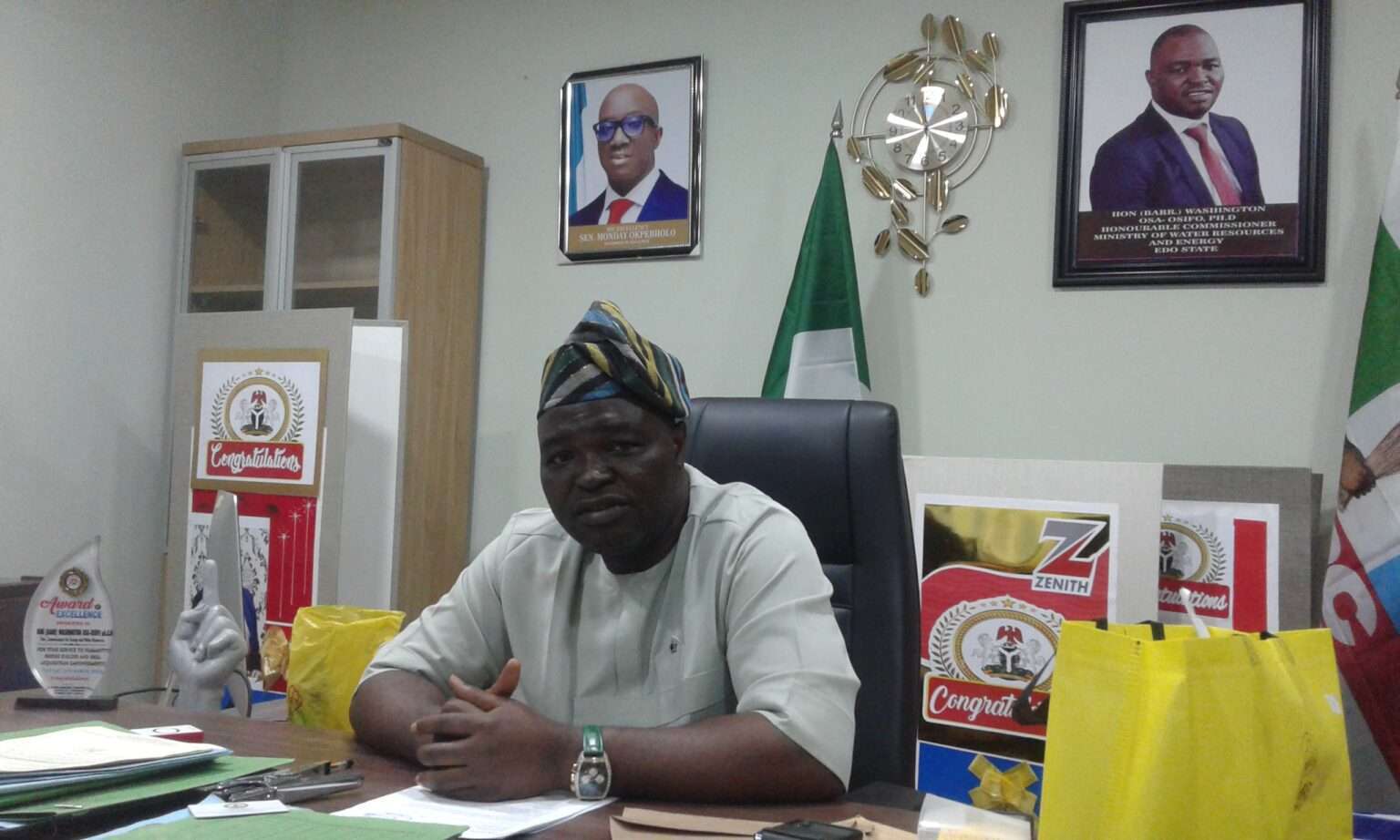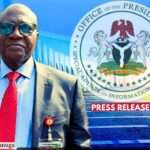From Washington Osa Osifo, Ph.D
President Bola Ahmed Tinubu has declared a State of emergency in Rivers State, suspending both the executive and legislative arms of government for an initial period of six months. Citing constitutional provisions and security concerns, the President’s proclamation, made on 18 March 2025, has triggered widespread national debate over its legality, necessity, and implications for Nigerian democracy.
The declaration falls under Section 305 of the 1999 Constitution of Nigeria (as amended), which grants the President powers to declare a state of emergency in cases of governance collapse, threats to national security, or severe breakdowns of law and order. The constitutional provision also mandates that the President consult with the National Council of State before making such a proclamation, which must be ratified by the National Assembly.
The legal justification for the move, according to constitutional experts, hinges on the escalating crisis in Rivers State, which has seen violent political confrontations, the destruction of state infrastructure, and a breakdown in law and order. In particular, the demolition of the Rivers State House of Assembly Complex in December 2023 and the subsequent failure of the legislative body to function effectively were cited as major factors leading to the emergency intervention.
Legal scholars have pointed to the precedent set in “Attorney General of Abia State v. Attorney General of the Federation (2002)”, where the Supreme Court affirmed the President’s discretion to impose emergency rule in cases where governance has effectively collapsed.
At the heart of the crisis is a political power struggle involving the suspended Governor, Siminalayi Fubara, and factions within the State’s political establishment. The suspended Governor was accused of disregarding multiple Supreme Court rulings, particularly concerning the October 2024 local government elections, budgetary allocations, and the composition of his cabinet.
Tensions escalated further when Fubara was accused of acting unilaterally in defying court orders, side-lining the Rivers State House of Assembly, and refusing to recognise 27 lawmakers who defected from the People’s Democratic Party (PDP) to the All Progressives Congress (APC). His alleged refusal to engage with the full legislative body led to accusations of executive overreach and prompted the Federal Government’s intervention.
Beyond political dysfunction, security concerns also played a critical role in justifying the emergency rule. Rivers State is a key economic hub, particularly in Nigeria’s oil and gas sector. The inability of the State government to prevent attacks on critical oil installations, coupled with the rise in militant activity, posed a severe threat to national revenue and energy security.
A statement attributed to Fubara, in which he urged youths to “await instructions,” raised concerns over potential mobilisation for violence. The Federal Government cited this and other incidents as evidence of a deteriorating security situation that required urgent intervention.
The suspension of the executive and legislative arms of government paves the way for a sole administrator to oversee the restoration of stability in the State. While details of this appointment remain forthcoming, analysts suggest that the administrator will be tasked with restoring public order, ensuring compliance with constitutional provisions, and preparing the ground for a return to democratic governance.
This is not the first time Nigeria has witnessed federal intervention in a State’s governance. Similar declarations of emergency rule have been made in the past: Plateau State (2004) – President Olusegun Obasanjo declared emergency rule following violent ethnic clashes, suspending Governor Joshua Dariye, Ekiti State (2006) – Political turmoil and governance paralysis led to the suspension of Governor Ayodele Fayose, Borno, Yobe, and Adamawa States (2013), President Goodluck Jonathan imposed emergency rule in response to the escalating Boko Haram insurgency.
These cases highlight the necessity and controversy surrounding emergency powers, with concerns about their potential for political misuse.
The imposition of emergency rule in Rivers State has sparked a national debate, with critics arguing that it sets a dangerous precedent for federal overreach. Human rights activists warn that restrictions on fundamental freedoms, including movement and assembly, could undermine democratic principles.
However, supporters of the move argue that it was necessary to prevent the state from descending further into chaos. They contend that the Federal Government acted within its constitutional rights to preserve the rule of law and restore democratic governance.
The National Assembly will now play a crucial role in overseeing the implementation of emergency rule to prevent potential abuses of power. Analysts emphasise that the intervention must remain a temporary measure aimed at stabilising the State rather than consolidating federal control over State’s affairs.
As Rivers State enters this period of emergency governance, the key question remains whether the Federal Government’s intervention will succeed in restoring order or if it will further deepen Nigeria’s on-going political tensions.
Hon. Washington Osa Osifo, Ph.D, is the Edo State Commissioner for Water Resources and Energy. He sent this piece from Benin City, Edo State.
Get a premium automobile insurance coverage for your vehicle for as low as #15000 only and claim up to #3,000,000 in damages @Zenith Insurance To signup: WhatsApp/Call: +2349028313757








